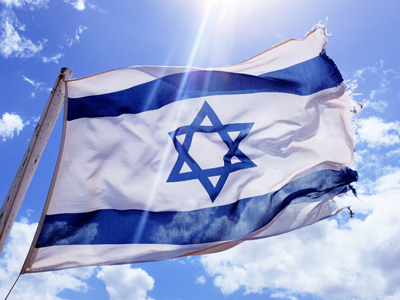
Middle East: 1948-1999 - Origins Of The Arab-Israeli Conflict Up To 1948
One of the subjects that is covered in GCSE History is the Middle East during the period from 1948-1999. One aspect looked at is the origins of the Arab-Israeli conflict.
Unsurprisingly, the origins of the Arab-Israeli conflict go back a long way. However, after the Great War and the defeat of the Ottoman Empire in the Middle East, the problem intensified - to the point that the British (responsible for Palestine since the 1920s) evacuated Palestine as Israel's independence loomed. The consequences have plagued the Middle East ever since.
Learn more about how the Arab-Israeli conflict began in this informative quiz.
Ready for more?
not all...
quizzers. Try to win a coveted spot on our Hall of Fame Page.







